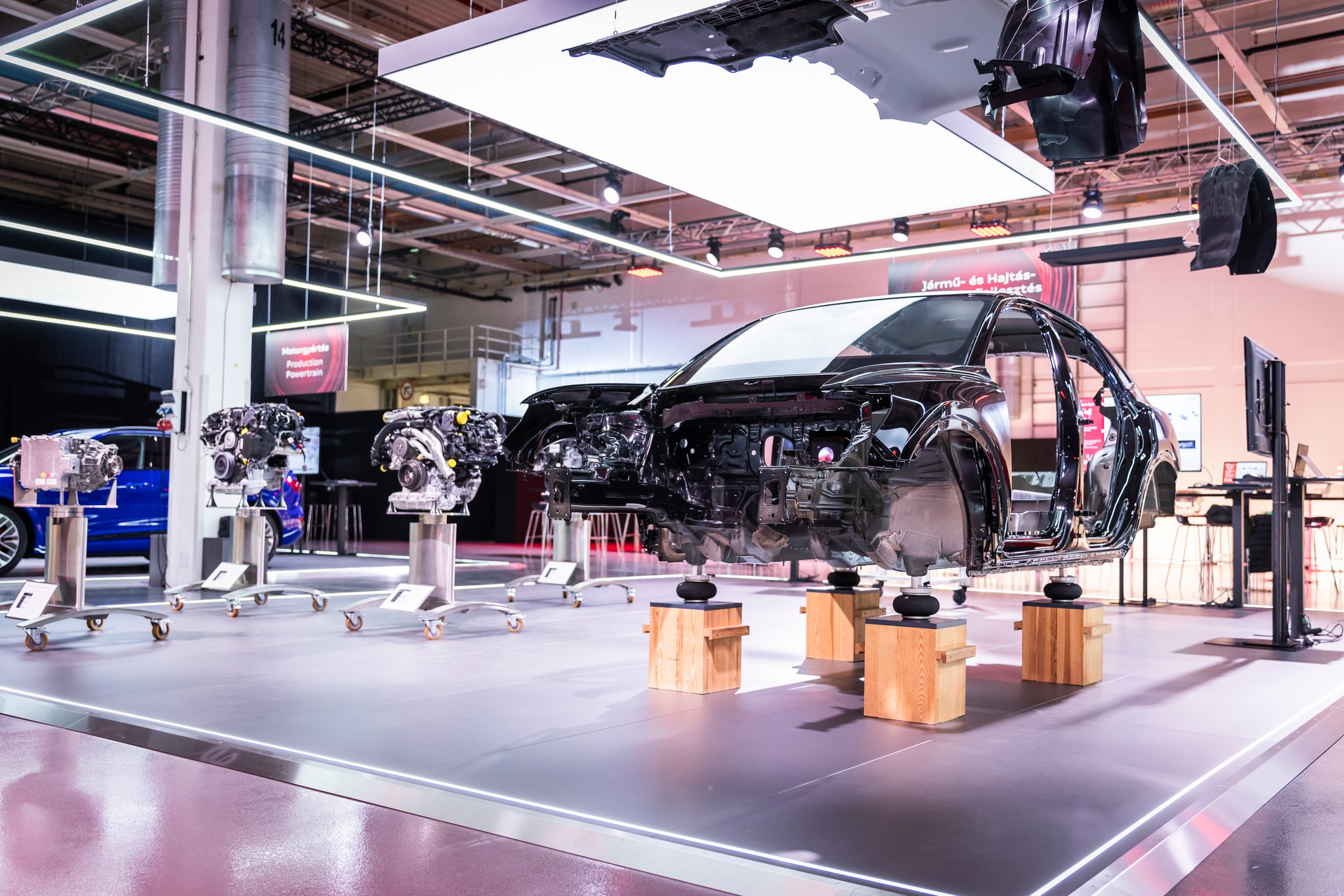
Three German premium automotive factories are having plants in Hungary, and the defense industry got a foothold too.Continue reading
The Bosch Group reported sales of HUF 2,207B (EUR 5.6B) in Hungary for 2023, nearly matching the previous year’s revenue. This figure includes sales from non-consolidated companies and inter-company trading.
Highlighting their commitment to research and development (R&D), the company noted a 21 percent increase in R&D spending, amounting to HUF 136B (EUR 350.7M) in Hungary last year. Additionally, Bosch continued its ongoing investments in the country, with expenditures totaling HUF 145B (EUR 373.9M). By the end of 2023, the group employed over 18,300 individuals in Hungary, with 3,900 dedicated to R&D.
The Bosch Group’s significant operations in Hungary extend to various sectors. For instance, the largest automotive electronics plant, Robert Bosch Electronics Ltd. in Hatvan (northern Hungary), began producing several new power electronics solutions for electric vehicles in 2023.
Anticipating a surge in electric vehicle adoption, Bosch projects that 70 percent of all new cars in Europe will be pure electric by 2030.
In Miskolc (northeastern Hungary), Robert Bosch Energy and Body Systems Ltd. is developing innovative blower motors and witnessing increased sales of next-generation engine cooling fans. Furthermore, the eBike Systems business unit initiated the final assembly of ABS systems for electric bicycles. Meanwhile, Robert Bosch Power Tool Ltd., also located in Miskolc, installed new automated production lines with plans for a joint warehouse to enhance logistics efficiency, and are expected to conclude in the latter half of 2024.
Robert Bosch Automotive Steering Ltd. in Makár (southern Hungary) commenced series production of the latest generation of electric power steering for premium sports cars. Sales of electric power steering systems for commercial vehicles also gained momentum, with projections indicating significant growth in production this year.
Bosch emphasizes the pivotal role of artificial intelligence (AI) in its operations.
AI applications are integral to production processes in Hungary, facilitating tasks such as data analysis for production optimization and process control.
Stefan Hartung, chairman of the board of management of Robert Bosch GmbH, reported a 3.8 percent increase in group sales to EUR 91.6 billion in the previous year, with an operating profit margin of 5.3 percent, up by one percentage point. However, in the first quarter of 2024, the group experienced a 0.8 percent decline in revenue year-on-year, though excluding currency effects, there was a 2.7 percent increase.
Via MTI; Featured Image: Facebook / Bosch Magyarország